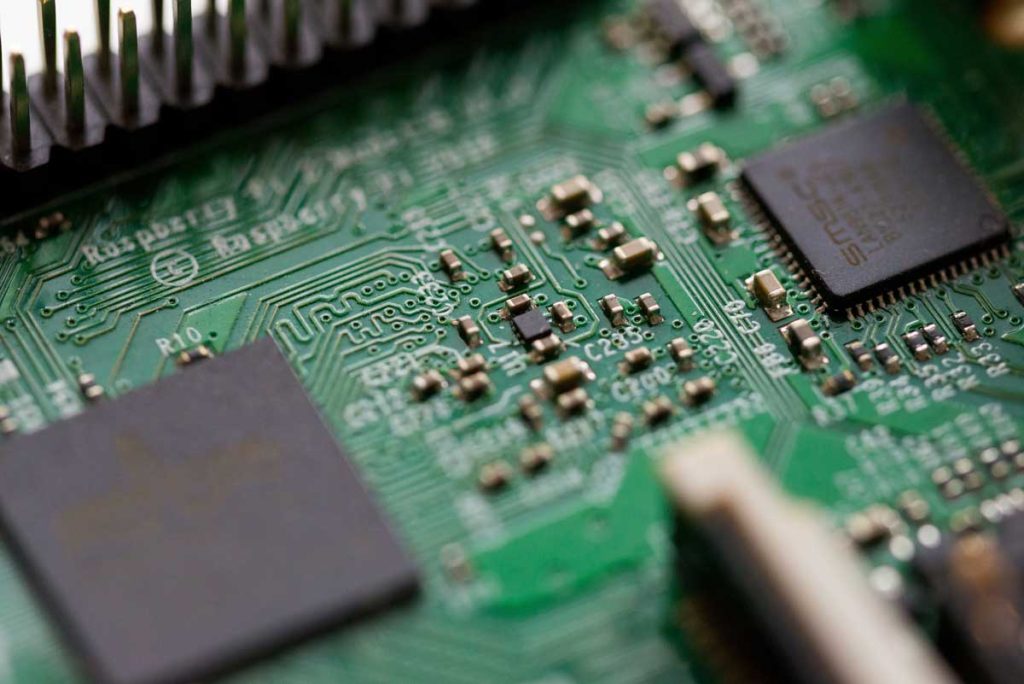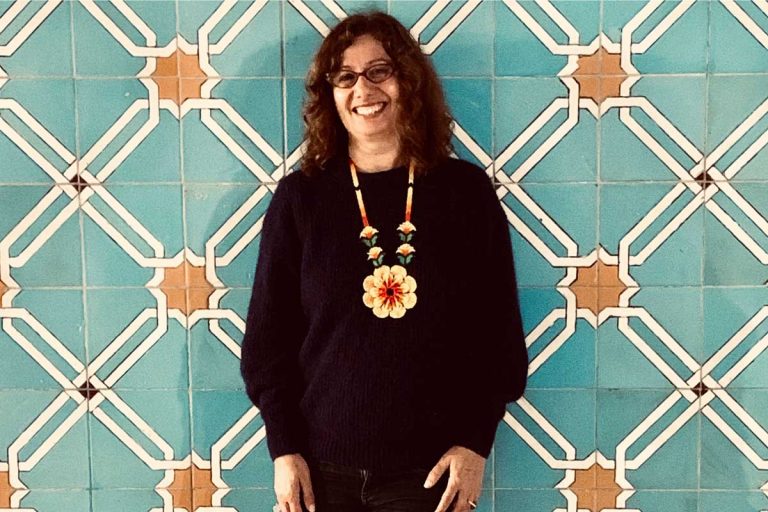Today we hear a lot about blockchain, cryptocurrencies and the metaverse. But the technology that will power game-changing innovation in the 21st Century is quantum computing.
The shift from today’s normal computers (with binary values of either zero or one) to quantum computing (which allows for multiple states at the same time), will give us a level of processing power that we cannot even imagine today. Though we’ve not yet been able to harness this technology to anywhere near its full potential, its practical uses are coming and will take every field by storm in the near future.
For example, vaccines and medicine could be developed in weeks or months instead of years. Quantum computing will revolutionise our world as we know it, from healthcare to climate forecasting, banking, financial modelling, cryptography, complex math, physics, computer science algorithms, and the arts and humanities.
Because of its future importance, it won’t be long before we see a separation between the world’s top universities, who will have access to this technology, and most of the schools who won’t.
Our responsibility today is to educate students from a young age, from all backgrounds, on this new technology that will transform the world around us. Inclusion and diversity are vital, so that bright young minds in every country can solve their communities’ needs.
Computing for good
These considerations about inclusion informed my decision to start a hackathon in 2011, after joining NYU Abu Dhabi (NYUAD) in 2010. At that time, there was nothing like it in the region. But we wanted to go further and change the culture of academic hackathons in general. Typically, students –mostly male – would gather for 24 hours, working alone, trying to build a hack with little guidance. As a result, most of the students wouldn’t create anything or form new networks.
In contrast, our hackathon aimed to create innovative and high impact applications with strong impact, and lasted three days as a collaborative competition with diverse teams of students from the UAE and the Arab world, along with students from top international universities.
These mixed teams were, and still are, coached by mentors from the world’s top technology companies and universities, collaborating on ideas with people from across the world. Half of the participants and mentors are women which is not the case in most hackathons.
This inclusive collaborative approach is important because people working together is at the heart of computer science. The world’s best programming languages are open source and exist thanks to a large community of collaborators; an ethos that has been the basis for most ground-breaking innovations in computer science.
The development of quantum solutions will require a similar global technology movement that harvests the best techniques from related areas (such as artificial intelligence and machine learning) guided by ethics focused on positive practices and social good and allows talented students to solve the problems they face in their own communities and build a better world for all of us globally.
That’s why the purpose of our hackathon is not winning but about being part of a collaborative experience. If the early stage of education is about learning the hard technical skills needed for computer science, any subsequent learning and career development requires a much broader palette of skills.

Real-world results
The result of running our collaborative hackathons for ten years is that we have created a global community for social good, and an informal network that has helped people from this region find top jobs all over the world. The online platform Take Flight was created in 2012 for cross-language video mentoring.
In 2015 the development of a wearable device to monitor construction worker health led to the formation of hakee.me. The co-founders of Vul9, one of the fastest growing cybersecurity companies in the region, met at the NYUAD Hackathon in 2015, and founded their company in 2016.
In 2017, Hiat was developed to connect skilled refugees and the local community in an easy-to-use gig-economy platform. FoodSavour, developed in 2019, incentivizes grocery stores to minimise food waste through discounting items that would otherwise be thrown away. The hackathon has grown into a world of its own and I can’t wait to see our students use cutting-edge quantum computing solutions to change our world for the better.
NYU Abu Dhabi will host the region’s first ever Quantum Computing Hackathon with a focus on innovation, entrepreneurship, and advanced industries, from March 30 to April 1, at the NYUAD Conference Center.








